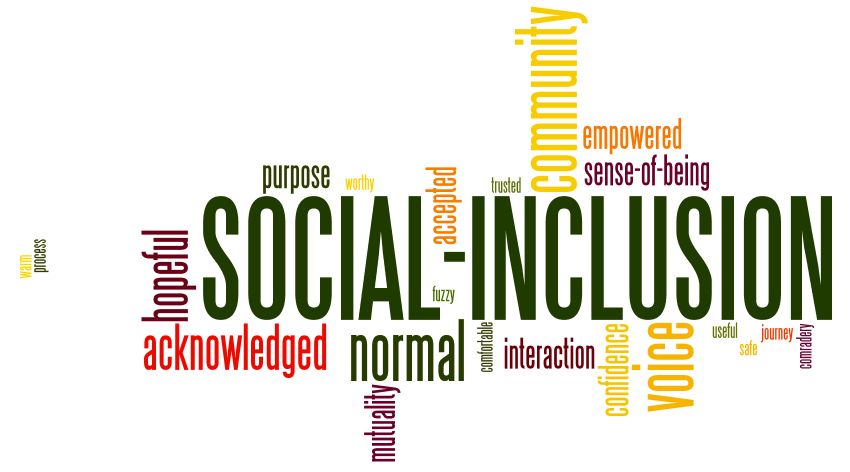“Be the reason someone feels valued, seen, heard, and important”.
This is a quote that has been floating around recently, which feels particularly relevant to the work we do at CASS. When the agency was created in 1988, the vision was to address the inequities that people with disabilities often face such as Isolation, segregation, and systemic barriers to opportunities. Over 30 years later, we have come a long way, but we still have a lot of work to do. The work we do as a CASS community supports people to be resilient and successful in their every day lives, while confronting the barriers that often oppose them.
While working with folks in the disability community, we often hear phrases like: “you must be so patient”, or “you’re such a good person for doing this work”. Although our staff may in fact have these qualities as a person, they are not absolute qualifiers for being members of our CASS community. Phrases like this (although well intentioned), often create the mindset of “otherness”, and do more harm than good in our mission to address the barriers that the people we support, face. The attention is then on the people providing the support, instead of the person receiving support.
The barriers that people in service face are often things such as physical accessibility limitations, or inherit preconceptions about the disability community that instill “otherness”. How is someone able to be successful at their job, if they are not physically able to get into the building, or access their work station? How is someone able to foster a romantic relationship when everyone is telling them that they don’t know what love is? These barriers are unnecessary, and contribute to an “otherness” that is of detriment to our society. The role of our support staff is to help our folks advocate for equality, and to help our communities learn to embrace diversity and allow for physical and emotional access to spaces, people, and society as a whole.
When people feel valued, seen, heard and important, they then have the foundation to cultivate confidence. With confidence, people are then able to advocate for themselves. With advocacy, the “otherness” comes in question, and we can confront systemic barriers. By confronting systemic barriers, we create inclusive communities that are diverse and fulfilling for all members. This, of course, is our vision, but we aren’t fully there yet.

You have hopefully seen us in the community. Perhaps you’ve eaten lunch next to us in the food court, or have done a workout beside us in the gym. Maybe we’ve chatted in line to see the next big movie, or volunteered next to each other. What you haven’t seen is the work we’ve done to get there; to be able to access the community in ways that many people take for granted. Our support staff are there beside our folks to help them realize their resiliency in the face of these barriers, because don’t we all need some support sometimes? Through this advocacy, which can be both passive and overt, we are ensuring that all members of our communities are cared for and represented. We instead create “togetherness”, instead of “otherness”.
To be the person that makes someone valued, seen, heard, and important is not a battlecry from the people at CASS who provide support, it is a call to action for community members. Be the person that recognizes the hard work that someone puts in to their job. They may have fought for years just to be able to have employment because they have a disability. Be the person that sees someone’s emotions when they say they want a boyfriend or girlfriend, but don’t know how to talk to someone they like. Be the person that listens when someone tells you that they are upset. Be the person that lets people know they are important, simply because they are human. When we are this person, our communities become resilient, together.


